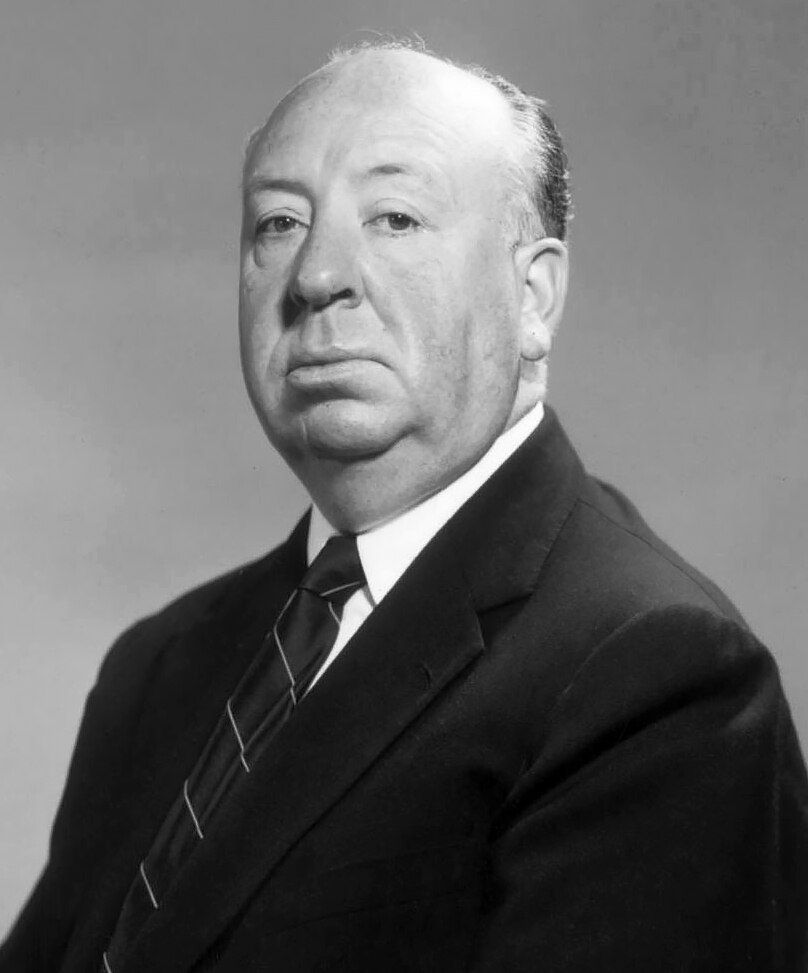'Born in Salt' review
- Sea Lion Press
- Feb 23, 2022
- 2 min read
By Alex Wallace
Turning a democracy into a dictatorship is one of the oldest traditional scenarios in the alternate history genre. For those of us in stable Western countries with no recent history of regime change, the notion of jackbooted paramilitaries marching through our streets at the whim of dictators deeply disturbs us. T. C. Weber’s 2021 novel Born in Salt tackles the scenario once again, with fresh eyes.
Those well-versed in the genre will notice a certain similarity to Philip Roth’s groundbreaking novel of this type, 2004’s The Plot Against America: they both involve Charles Lindbergh becoming president. Here, the point of divergence is much clearer, relatively speaking; the business plot succeeds, and Lindbergh is the leader with their backing. It is the mid-1980s in this world, as the fiftieth anniversary of the coup rears its ugly head.
If I had to compare Born in Salt to any other book, I’d say George Orwell’s Nineteen Eighty-Four (whose influence on the alternate history genre I have discussed with Matt Mitrovich). It is a portrayal of a grotty authoritarian state from the inside, with access to the workings of the security state; you see how the sausage gets made. There is also a harrowing depiction of a government institution, resembling both Orwell and Thomas Disch’s novel Camp Concentration. However, unlike Orwell, your protagonist, Benjamin Adamson, is a relatively poor farm boy who gets swept up in events beyond anything he had intended.
As much as America boasts of its democratic credentials, its potential for authoritarianism is ever present; until not too long ago, several states were essentially single party states. This book succeeds in the way Kim Byrne and Eugene Newman did before in Back in the USSA: creating a fictional version of the country that feels both very American and very authoritarian. Much as Byrne and Newman had a prom queen lead a Communist Party parade, Weber has the dynamics of small American towns adapted superbly to the paranoid life that authoritarian states cultivate.
I will not spoil too much, but Weber particularly gets religion down pat. The ramshackle insurgents that fight the government in this small corner of Illinois know the particular nuances of American religion. This, and the dynamics of the fictional town of New Bethany, lead to an immensely creative conclusion.
Your protagonists, Benjamin included, are relatively young people sprung to action for one reason or another. Benjamin mourns his older brother who died fighting a vicious war in Cuba (another reason to like this book - it actually addresses the American empire of the period!). Together, their resistance is relatively low-key compared to real-world terrorist organizations like the Red Army Faction, but instead is very local and intensely believable as little people deciding simply to do what is right. There’s an authenticity to the proceedings that many similar books lack.
Born in Salt is a book that revitalizes the old ‘American Dictatorship’ scenario, making it feel fresh again. Like the best of recent developments in the genre, it takes a ‘peasants, not kings’ perspective on events, and the end result is a scenario and a world that feels as alive as it is oppressive.
Alex Wallace edited the Sea Lion Press anthology "Alloamericana".





Comments